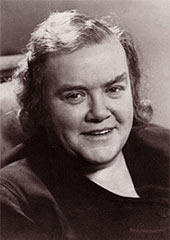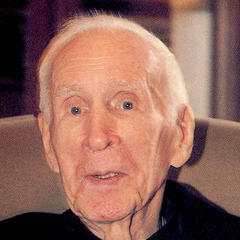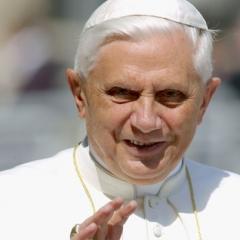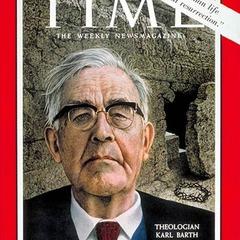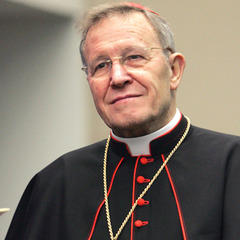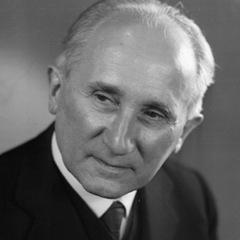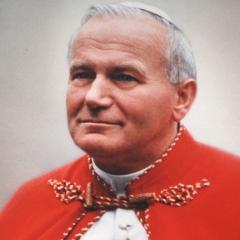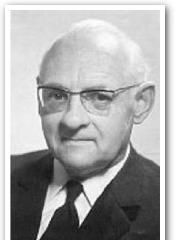Hans Urs von Balthasar Quotes
Quotes about:-
-
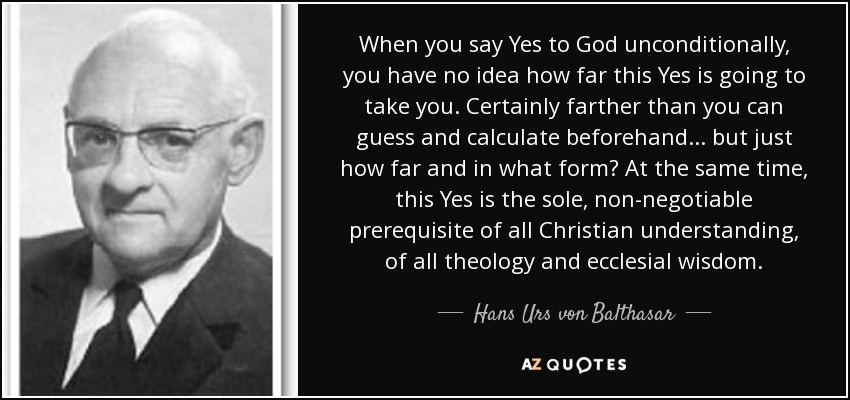 When you say Yes to God unconditionally, you have no idea how far this Yes is going to take you. Certainly farther than you can guess and calculate beforehand... but just how far and in what form? At the same time, this Yes is the sole, non-negotiable prerequisite of all Christian understanding, of all theology and ecclesial wisdom.
When you say Yes to God unconditionally, you have no idea how far this Yes is going to take you. Certainly farther than you can guess and calculate beforehand... but just how far and in what form? At the same time, this Yes is the sole, non-negotiable prerequisite of all Christian understanding, of all theology and ecclesial wisdom.
-
Hans Urs von Balthasar
- Born: August 12, 1905
- Died: June 26, 1988
- Occupation: Theologian
- Cite this Page: Citation
